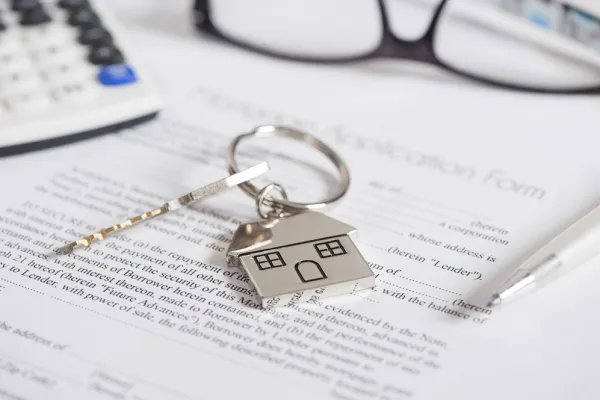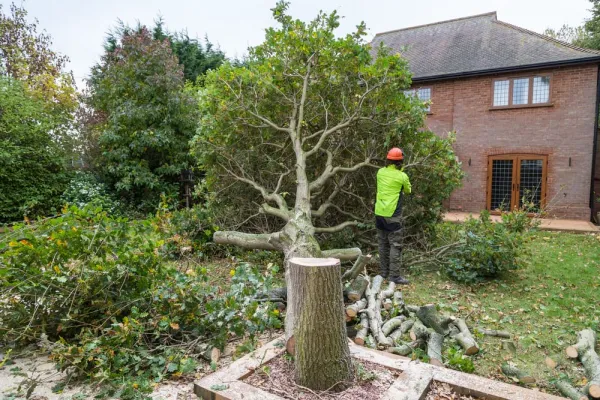Making an offer on a house is an exciting and nerve-racking experience.
Handling the entire process well can significantly influence the outcome.
Read on to find out how to make an offer on a house properly.
What should I do before making an offer?
Preparation is required before you jump into making your first offer.
Firstly, you need to get your finances in order.
It includes saving a sizeable deposit to help you get a better mortgage. Banks look more favourably upon people buying a property with a larger deposit.
As part of getting your finances sorted out, you should try to negotiate a higher salary at work. This will enable you to borrow more money (if that’s required and you wish to do so).
There’s plenty of research involved with buying a house, too. You need to decide:
- Which area you want to live in
- How many bedrooms you require
- What amenities you want nearby (including nearby schools, transport links, etc.)
and much more. This enables you to narrow down the properties that fit your criteria.
Consider your personal circumstances and the market conditions to confirm that now is the correct time for you to buy.
If very few properties are listed on the market, this may reduce your negotiating power as a buyer.
Similarly, if a change is coming up in your personal life, you should wait until everything has settled before buying a new place.
How to make an offer on a house
When you see a house on the market, it will usually be listed with a specific estate agent.
If you cannot determine which estate agent is selling a house, you should contact the homeowners directly and ask (i.e., knock on their door). They may be selling it themselves (though this is rare).
Next, book a viewing. If you like the house, you offer your price to the estate agent (or homeowners if they are selling it directly themselves).
The homeowners must decide whether your price is acceptable or whether they want to make a counteroffer.
If your final offer is accepted, your conveyancer will be responsible for moving the deal along.
This includes conducting property searches and transferring the funds so that the exchange of contracts can then occur. This process usually takes about 15 weeks.
Do I need a mortgage in principle to make an offer on a house?
No, you can make an offer on a house without a mortgage in principle (also known as an agreement in principle).
However, some sellers will not take your offer seriously until the mortgage in principle is confirmed. It depends on each seller’s preferences.
If you are using a mortgage to buy a house, you must complete this (i.e., gain official approval from the lender) before completing the house purchase.
What amount should I offer on a house?
The more experience you have with your local property market, the better your sense of what a house is ‘worth’.
If they are well-informed, you can always speak to estate agents or trusted friends for their perspective.
Generally, house prices for any location can vary based on market conditions. You must keep up with these external factors as part of your research.
Zoopla keeps a track record of selling prices in any area – so you can compare your potential property with nearby equivalents.
You can also check Rightmove and find out what similar houses are being listed for right now.
If the property has been listed as ‘For Sale’ online for a while, it might be because the price is slightly too high.
Your funds may dictate how much you can afford to offer. The more viewings you go on, the better your ability to differentiate between the value of different properties.
Should I offer below the asking price?
Many people deliberately offer below the asking price when making their first contact with the homeowner.
Some property owners even intentionally list their asking price high, expecting potential buyers to do the same.
You don’t want to insult the homeowner with an offer that is ‘too’ low, but you also want to get a fair deal.
Taking a few thousand off the asking price on your first attempt is standard, and some listings ask for bids’ starting at’ a specific figure to avoid this.
Other ways to negotiate on price include asking for items (such as wardrobes, washing machines, or kitchen appliances) to be included in the deal.
Trust your gut on what the house is worth and speak to trusted friends and family for their opinion.
The estate agent will often indicate what they think the seller would be willing to accept, too.
Can I withdraw my offer on a house?
You can withdraw your offer on a house up to the exchange of contracts.
While it remains a verbal agreement, you are free to back out – even if you have put that offer in writing, such as in an email. But the moment you sign the exchange contracts, the property is legally yours.
If you try to back out after the exchange of contracts, you will usually lose your deposit, and you can be sued for a considerable sum of money (tens of thousands, in most cases).
It is almost always worth proceeding with the deal in this case.
Tips for negotiating house price
You should avoid telling the seller your maximum budget. If they know it, they may try to push you upwards at all costs—even if the property’s true value is lower.
If your offer is rejected, you should ask for a counteroffer. This will show you what the seller is looking for and whether it is worth you trying to find common ground.
You could make it clear that you are viewing other properties in the area. If you don’t like the seller’s asking price, make comparisons to other listed houses nearby.
Problems in a survey represent a legitimate reason to reduce your offer. If you discover an issue that they had not disclosed, you can take the opportunity to reduce your offer significantly.
Set clear limits on what you’re willing to go up to, and don’t cross this boundary.
If you are desperate to get the house, consider other ways to negotiate, such as asking for furniture you would like included in the deal.
















